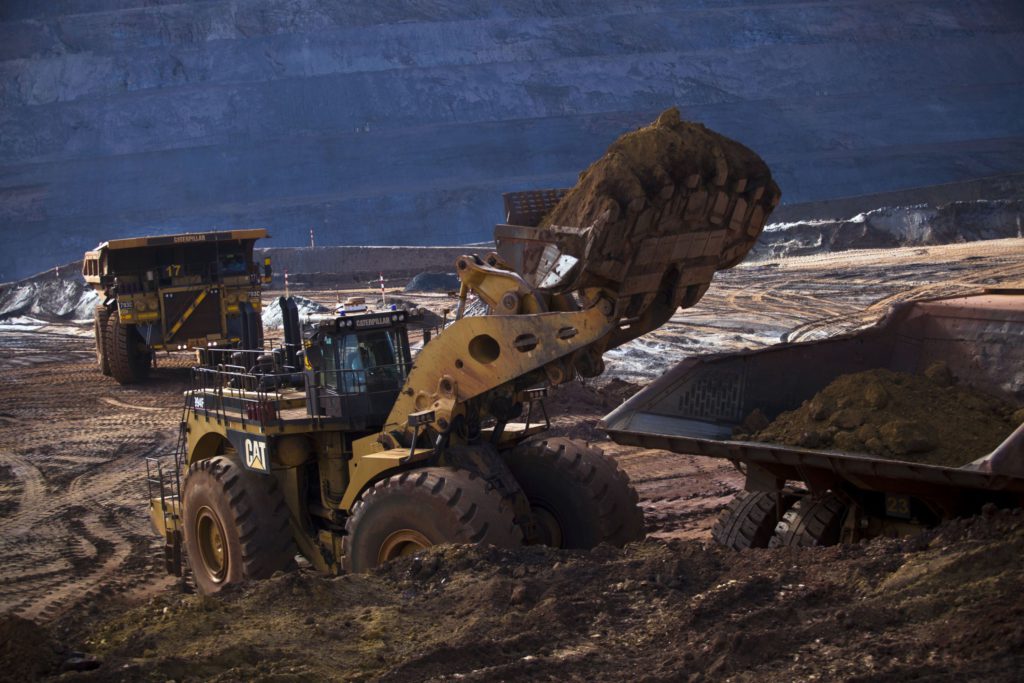(Bloomberg) — Iron ore futures traded back below $100 a ton on shrinking steel output in China and signs economic growth is facing mounting headwinds.
Prices slumped as much as 8.6% in Singapore on Tuesday as the world’s top steelmaker ramped up efforts to cap annual steel volumes. While China has imposed curbs on production throughout 2021, restrictions are now being rolled out more frequently and limits have been extended into the first quarter in an effort to ensure blue skies for the Winter Olympics.
Daily crude steel output in the final third of October dropped to the lowest since March 2020, according to researcher Mysteel, which cited a survey of 247 blast furnaces and 71 electric-arc furnaces. There were frequent requests from local governments to curb production, while lackluster steel demand and softening prices have dampened mills’ willingness to produce, it said.
China’s top industry group has previously said steel volumes fell in early and mid-October, while official data showed output plunged to the lowest since 2017 in September.
“The probability that iron ore demand slides by at least 20% in the fourth quarter is increasing, judging from lower downstream demand,” said Orient Futures Co. analyst Xu Huimin. “We have to monitor if mills will actually reduce production on their own, which will worsen the market a step further.” The iron ore market in October was already at a 15% surplus, and cost support is currently at about $80 to $90 a ton, she said.
Iron ore futures in Singapore were at $96.10 a ton in the overnight trading session, after earlier touching $91.60, the lowest since Sept. 20. Prices in Dalian fell Tuesday, while rebar and hot-rolled coil slumped in Shanghai.
Wild Swings
The market has been whipsawed over the past month as restocking demand in early October sent iron or futures surging from a 16-month low, with the rally faltering on growing concerns about longer-term consumption. Prices in Singapore are down more than 50% this half on China’s push to curb emissions and pollution in the steel sector, as well as a property market crackdown.
China’s housing sector, an important source of steel and metals demand, is under strain from rules aimed at curbing leverage as well as a slowdown in the market. Credit assessors are downgrading the industry’s companies at the fastest pace on record, while at least four developers defaulted last month and others sought to delay near-term bond payments as contagion sparked by China Evergrande Group spreads.
More broadly, China’s economy is showing signs of weakness. The official manufacturing purchasing managers’ index held below the 50-mark that signals a contraction for a second month in October, while the steel industry PMI declined.
Iron ore’s decline has also hurt major miners. Rio Tinto Group shares are at the lowest in a year in London, while BHP Group has also been pressured in the past couple of weeks. In Brazil, Vale SA has lost more than 30% since the start of August.
More stories like this are available on bloomberg.com
©2021 Bloomberg L.P.











